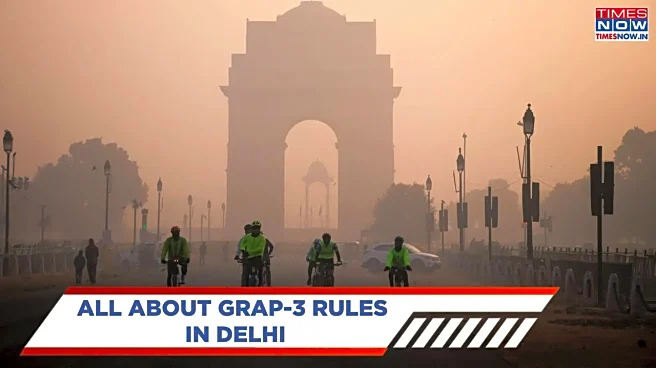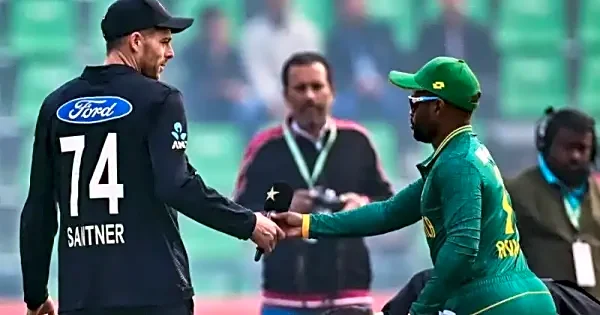Delhi’s air quality has been in the ‘Severe’ category for quite some time now. This recently prompted the authorities to implement Stage 3 of the Graded Response Action Plan (GRAP). The restrictions directly
impact vehicle movement in Delhi-NCR as the government seeks to curb emissions from older, more polluting cars. Under this phase, specific petrol and diesel vehicles are barred from the roads, while emergency and essential-use vehicles remain exempt. Here’s a detailed look at which cars are allowed, which are banned, and what penalties apply under GRAP Stage 3.
Also Read: Tata Sierra SUV Big India Debut: Major Highlights, Features, And Changes
Why GRAP Stage 3 Was Implemented?
Stage 3 was triggered when Delhi’s AQI crossed the 400 mark, placing it in the ‘Severe’ category. The step is part of a graded system where each stage introduces progressively stricter controls on emissions and dust pollution. Besides vehicular restrictions, construction activities, industrial operations using non-clean fuels, and stone crushing have also been temporarily halted.
Which Cars Are Banned Under GRAP Stage 3?
Under the current restrictions, BS-III petrol and BS-IV diesel cars are banned from plying in Delhi-NCR. The rule applies to both private and commercial vehicles, except for essential services. These curbs aim to limit vehicular emissions, one of the primary contributors to Delhi’s deteriorating Air Quality Index (AQI). The ban will stay in effect until air quality improves and GRAP is rolled back to Stage 2. Enforcement teams have been deployed to monitor compliance and issue fines for violations.
Which Cars Are Allowed?
BS-IV petrol, BS-VI petrol, and BS-VI diesel vehicles are allowed to operate as usual. Similarly, electric vehicles (EVs), CNG cars, hybrid vehicles, and those used for medical, emergency, or essential public services are exempt from the ban. Public transport such as Delhi Transport Corporation (DTC) and cluster buses running on CNG continue to operate normally to ensure daily commuting remains unaffected for citizens.
Also Read: Honda SP 125 Vs Bajaj Pulsar 125 — Specs, Mileage & Price Compared
Penalties For Violation
People found driving banned BS-III petrol or BS-IV diesel cars face strict penalties under the Motor Vehicles Act. A fine of Rs 20,000 can be imposed for non-compliance, and vehicles may be impounded by authorities. Moreover, cars with no valid PUCC will be fined up to Rs 10,000, so keep it up to date. Delhi Police and the Transport Department have intensified road checks and are using digital surveillance to identify offenders. These measures are meant to ensure effective enforcement while discouraging unnecessary vehicle use during the pollution crisis.




/images/ppid_a911dc6a-image-177101752951095973.webp)



/images/ppid_a911dc6a-image-177101403147018469.webp)
/images/ppid_a911dc6a-image-177101053501199609.webp)
/images/ppid_59c68470-image-177101003680064644.webp)



